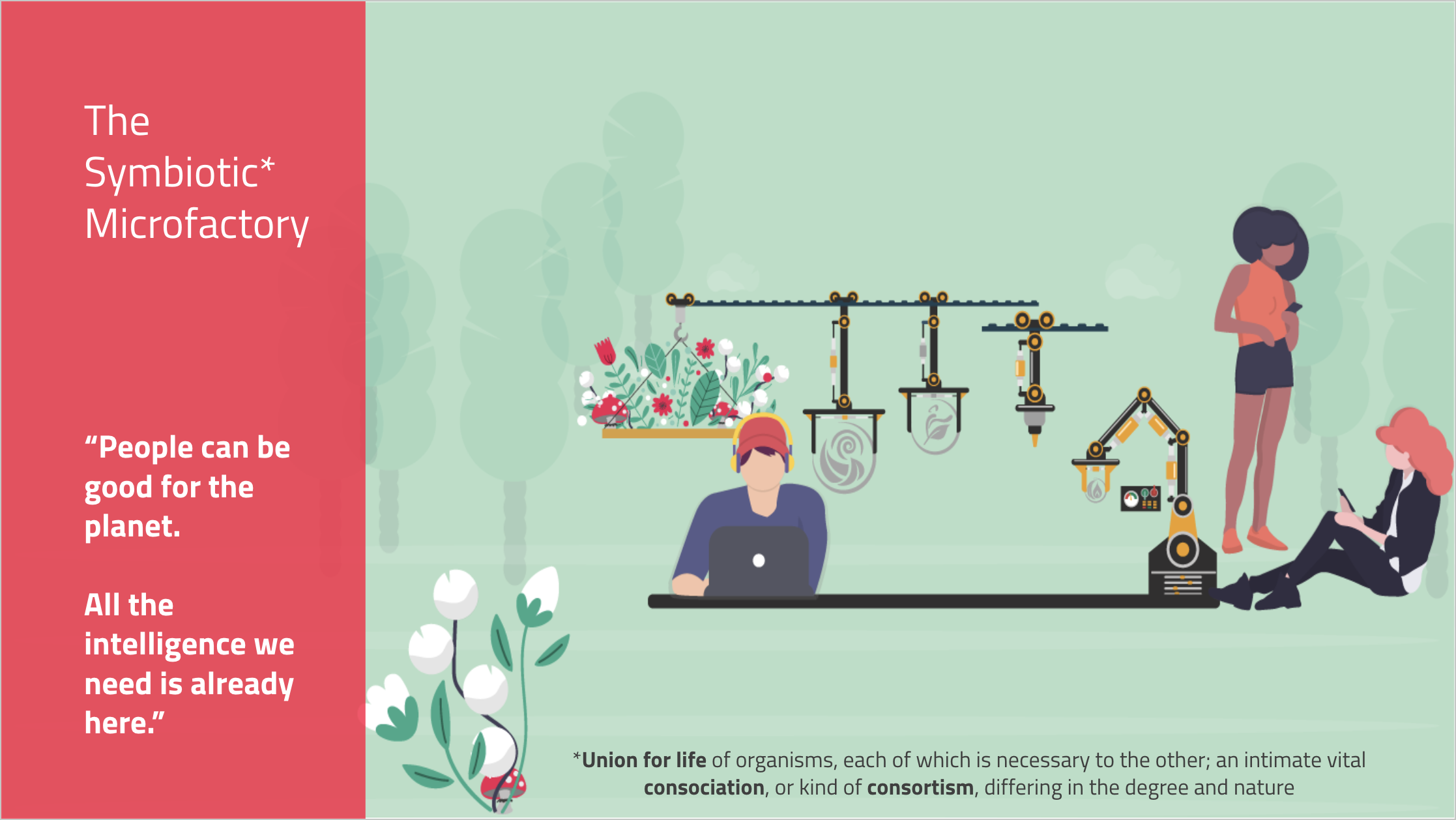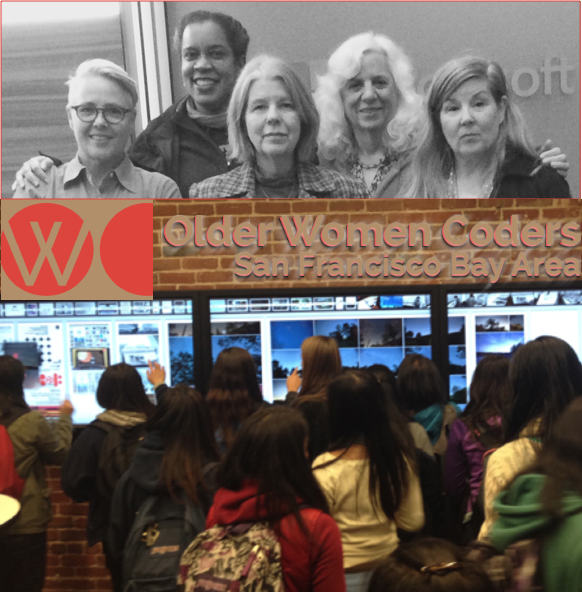Making Social Impact (Abevy, Inc.)

Proto Production Labs for a sustainable future
Proto Production Labs came about after several material and product designs were thwarted by a lack of manufacturing agility in the United States. The market was ready for disruption in the home and personal product space. Folks wanted products that reflect personal and global biomes living in unity, not in dis-ease. Meanwhile, manufacturing was getting smarter and more agile, making it viable to devote small production lines to validate products made with these new materials and methods.
- Materials futures: Formed partnerships and gathered materials scientists, product designers, industrial engineers, ceramicists, CAD and CAM designers, tooling specialists, and modular tool experts. We iterated on new products and designed low-run production pipelines for zero waste materials.
- Microfactories: Began to design and build custom, modular benchtop production components and optimize for responsiveness and quality. A return to microfactories, but updating an ancient concept using Industry 4.0 processes. The key was to iterate on production materials and methods using data-driven decision making, and the latest in affordable additive, subtractive, and hybrid manufacturing.
- Market desire: Conducted market research on consumers and solutions, including collecting feedback from users segments in different channels through surveys, interviews, experiments, and analytics.
Software solutions for social impact
Abevy, Inc. is a B Corp with the mission of supporting older women in technology. Through each project, teams, formed of women and those who support them, build viable software solutions as well as skills and confidence.
Abevy, Inc. is a B Corp with the mission of supporting older women in technology. Through each project, teams, formed of women and those who support them, build viable software solutions as well as skills and confidence.
- MedicareMojo helped a prospective Medicare applicant find her way through the maze of questions and decisions that must be made to enroll. MedicareMojo analyzed the defining Medicare documents provided by the Center for Medicare and Medicaid Services (CMS). Users then queried MedicareMojo to zero in on questions relating to their particular case. We built a prototype system to ingest CMS corpus and to leverage IBM’s Watson Natural Language Classifier.
- 27% of California's children are being raised in poverty. Direct donations are easy and shown to be effective. We believed many Californians would act to alleviate the daily stresses of these children. If a guardian is committed to raising a child out of poverty, wouldn't you help with a few dollars for a specific need? We thought you would. That's why we built this app. After two prototypes and a stint at Startup House, we learned that HandUp.org implemented what we shared with them at National Day of Civic Hacking San Francisco 2015. While the primary beneficiary is no longer children, we do hope HandUp has continued success.
- MenopauSistas: Even in the 21 Century, misinformation in popular media and in private HCP settings confuses and disheartens women experiencing symptoms. We believe data-first reporting can dispell several harmful misstatements. The MenQol questionnaire has provided the source data for breakout research. We believed putting it online would provide a significant data source that could, in turn, be published online, spurring research and public education.

Dedication to diversity & inclusion
"Civics & Service" is a core value. I contributed to Girls Who Code, Women Who Code, and Girl Develop It funding, training, and gatherings. I was a Mills Alumnae Career Advisory Committee member, tech talk speaker, and events organizer and host. Having been in developer relations and an informal mentor to women in technology, I started to see a trend of sidelining older women. Older Women Coders was formed in a response to older women in tech firms being encouraged to move into program management, while their male counterparts were given exploratory positions and special projects. OWC was a project-based group, gathering technical folks around specific solutions. As projects became viable, Abevy, Inc. was founded as a supporting organization.